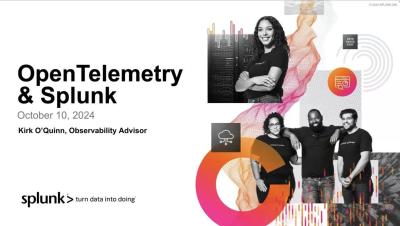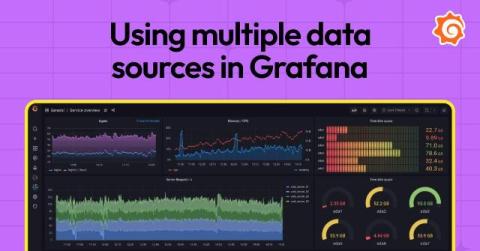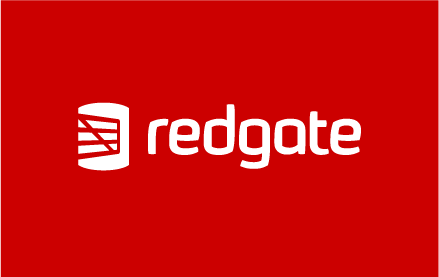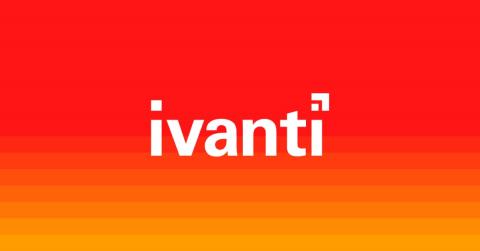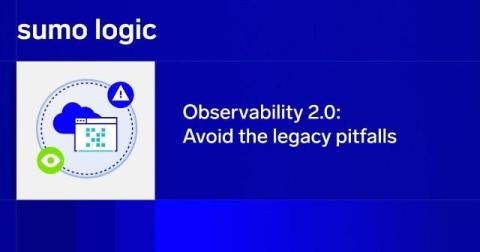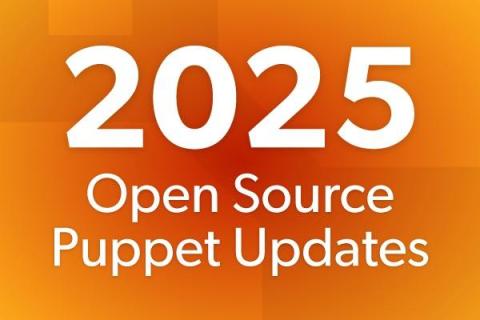A Taste of Observability - Embrace the Cloud With OpenTelemetry
Join Splunk Observability expert Kirk O'Quinn and Monster CICD Lead Graham Bucknell for a conversation on OpenTelemetry (OTel), a powerful open-source project that is transforming how we monitor and trace applications. In this informative session, we will delve into the world of Otel, exploring its history, its roadmap and we will discuss lessons, and success/failures of “Companies” journey to OpenTelemetry.


